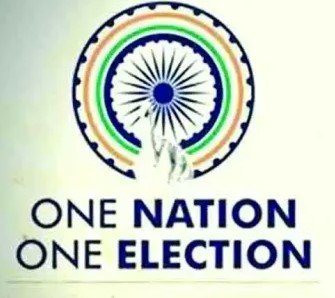AWIP, Governance, Government Policies, GS P5 (History, Polity, Governance...)
Q. “The state government’s initiative to establish digital libraries at the Gram Panchayat and ward level with a budget provision of ₹498 crore for FY 2024–25 reflects a significant push towards digital inclusivity and rural empowerment.” Critically analyze the implications of this initiative on rural education, digital literacy, and participatory governance. Also, discuss the challenges that may arise in the effective implementation of such digital infrastructure at the grassroots level.
The Uttar Pradesh government’s decision to establish digital libraries at the Gram Panchayat and ward level with a substantial allocation […]





